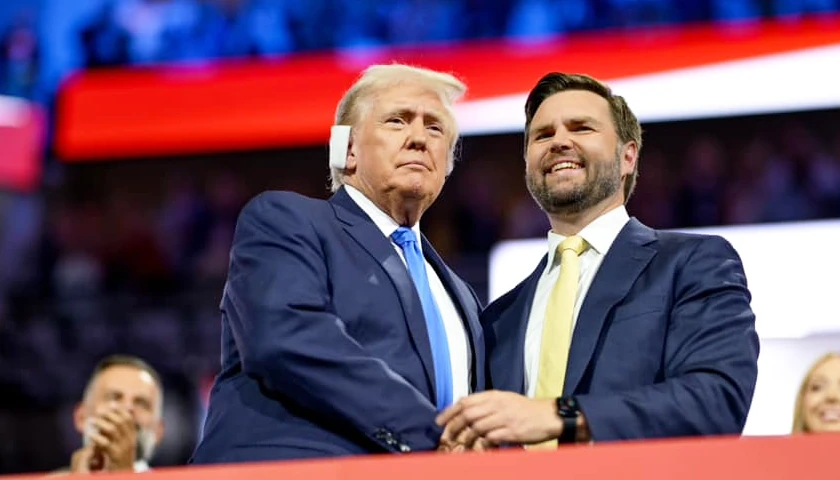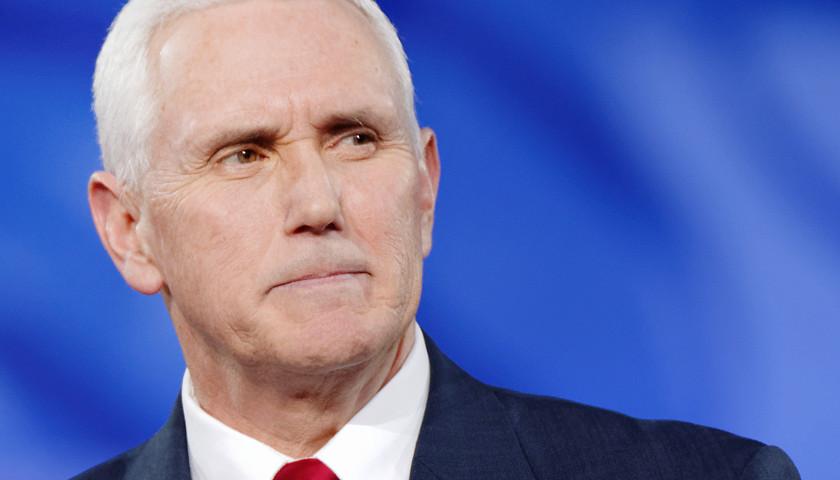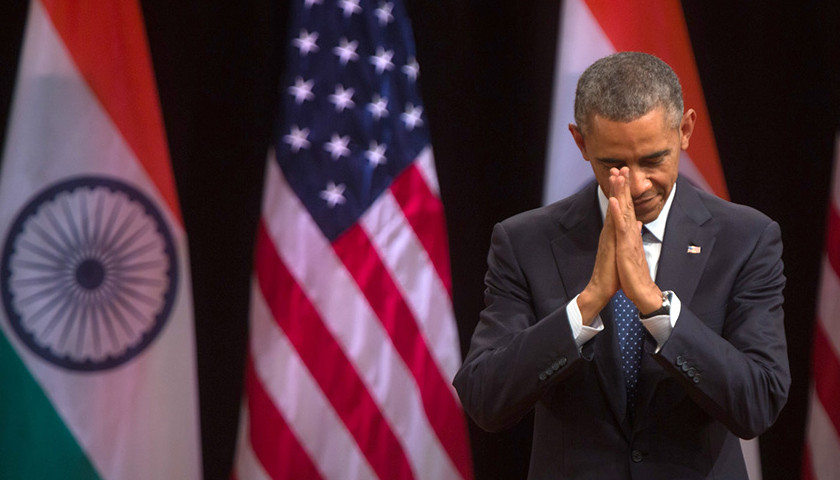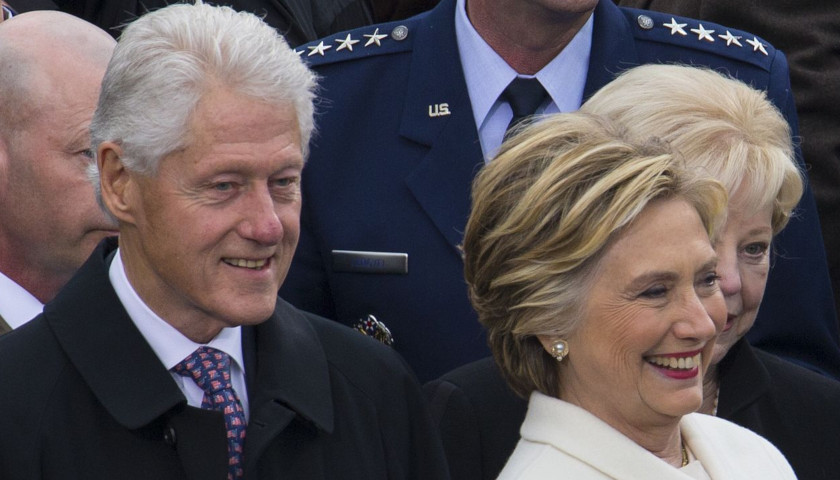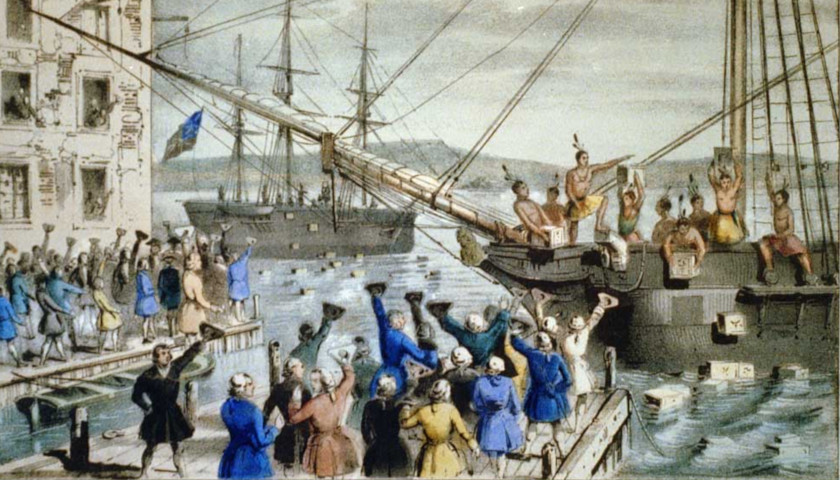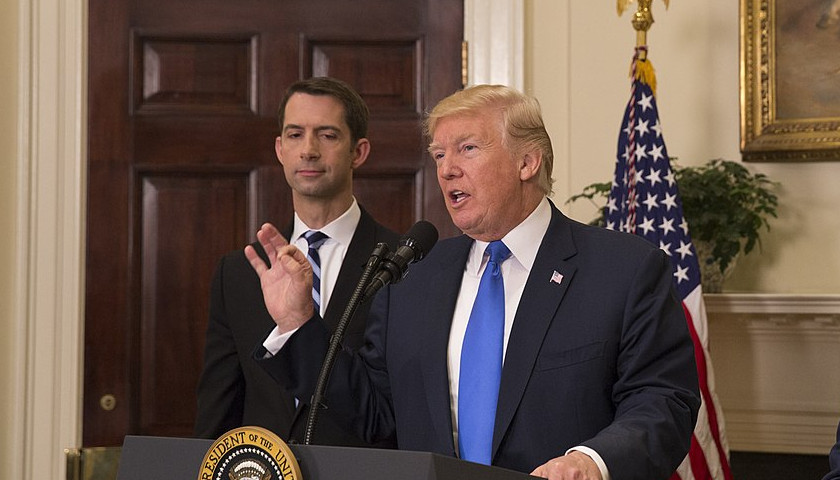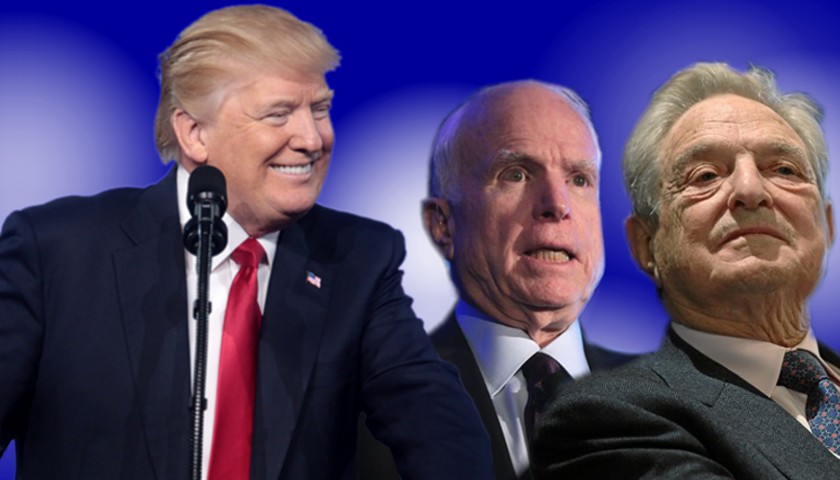The New York Times quietly changed the headline of a Saturday column linking Republican Ohio Sen. J.D. Vance to a Nazi slogan.
NYT opinion columnist Jamelle Bouie headlined his column “JD Vance’s Blood-and-Soil Nationalism Finds Its Target,” referencing a Nazi slogan to suggest that Vance’s comments about the Haitian immigrants in Springfield, Ohio, and other past rhetoric, demonstrate the Republican vice presidential candidate is a racist who should “immediately” resign his office to atone for his “ethical transgressions.” Later Saturday, after receiving heavy criticism, the Times updated the piece’s headline to read, “Shouldn’t JD Vance Represent All of Ohio?” and decided against including an editor’s note to bring attention to the change.
Read the full story

